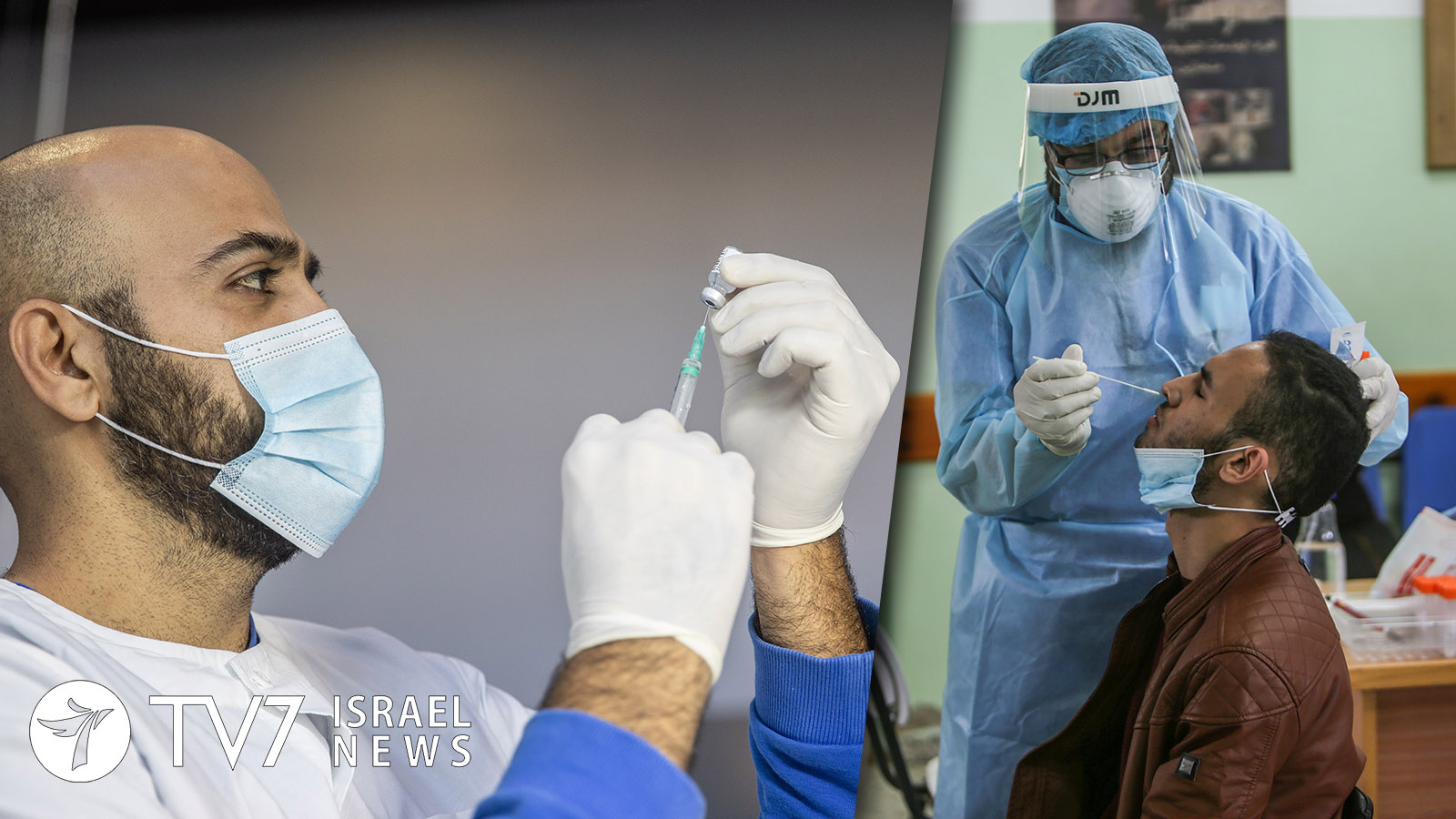The Palestinian Authority (PA) has approved Russia’s coronavirus vaccine for use.
Palestinian Prime Minister Mohammed Shtayyeh informed his cabinet during a session in Ramallah that, “The Health ministry signed an agreement with four companies to import the vaccine, the shipments will arrive in consecutively during the coming two months.”
Shtayyeh said that the drive will begin with inoculation of medical teams and the elderly, and continue “until we vaccinate 70% of the [Palestinian] residents of the West Bank, Gaza and Jerusalem. ”
Palestinian Health Minister Mai Alkaila later confirmed that that “emergency approval” for the Russian vaccine known as Sputnik V had been granted for administration in areas under Palestinian self-rule.
Russian Direct Investment Fund (RDIF), which is responsible for marketing the vaccine abroad, said deliveries are expected to be completed in the first quarter of this year.
The RDIF did not specify how many doses would be shipped to the PA, which runs parts of the West Bank under interim peace deals with Israel; but revealed that they will be sent by Russia’s manufacturing partners in India, China, South Korea and elsewhere.
Details of the financial arrangements of the export deal were also not disclosed. According to previous statements, Sputnik V would cost less than $20 per dose inclusive of both the first inoculation and the booster injection 21 days later.
The PA announced it has allocated $10.5 million as a down-payment for the first COVID-19 vaccination drive, which it said would arrive within two months. Palestinian Prime Minister Shtayyeh released a statement putting the final cost at $21 million.
The Palestinian public reacted with optimism over the development.
“If this vaccine was tested and can fight coronavirus which was going to destroy the human being, so I am with the Palestinian Authority to get the vaccine,” Bethlehem resident Mohammed Shawasha told Reuters, adding, “And I think this agreement will be a beneficial one and prevent the Palestinian people from the danger of coronavirus.”
Another resident of the West Bank biblical city, Lucy Al-Kasrawi said, “If the Palestinian doctors say that this vaccine won’t put the Palestinian people in danger, why wouldn’t we vaccinate?”
Israeli Deputy Health Minister Yoav Kisch told Army Radio that, “Anything to do with Palestinian Authority public health is taken care of by them, (so) I think they have that freedom,” when asked by Reuters if Israel would permit the Palestinians to import the vaccines.
Israel has vowed to help the PA and Gaza combat the coronavirus in every way possible, and undertaken many efforts to do so.
While Israel is the world leader in vaccinations per capita, Palestinians in the West Bank and the Islamist-Hamas-controlled Gaza Strip have yet to acquire supplies. On Sunday, the PA said it expected to receive its first COVID-19 vaccine doses from British drugmaker AstraZeneca in March, and accused Israel of shirking a duty to ensure vaccines are available in “occupied territory.”
Moscow officials say that over a million people have now been inoculated with Sputnik V outside Russia. The RDIF reported that the vaccine has also been approved for emergency use by local authorities in Algeria, Argentina, Bolivia and Serbia.
Palestinians have reported 797 new COVID-19 infections, to a total of 148,968 since outbreak of the disease. 16 more Palestinians have died, bringing the death count to 1,630.
